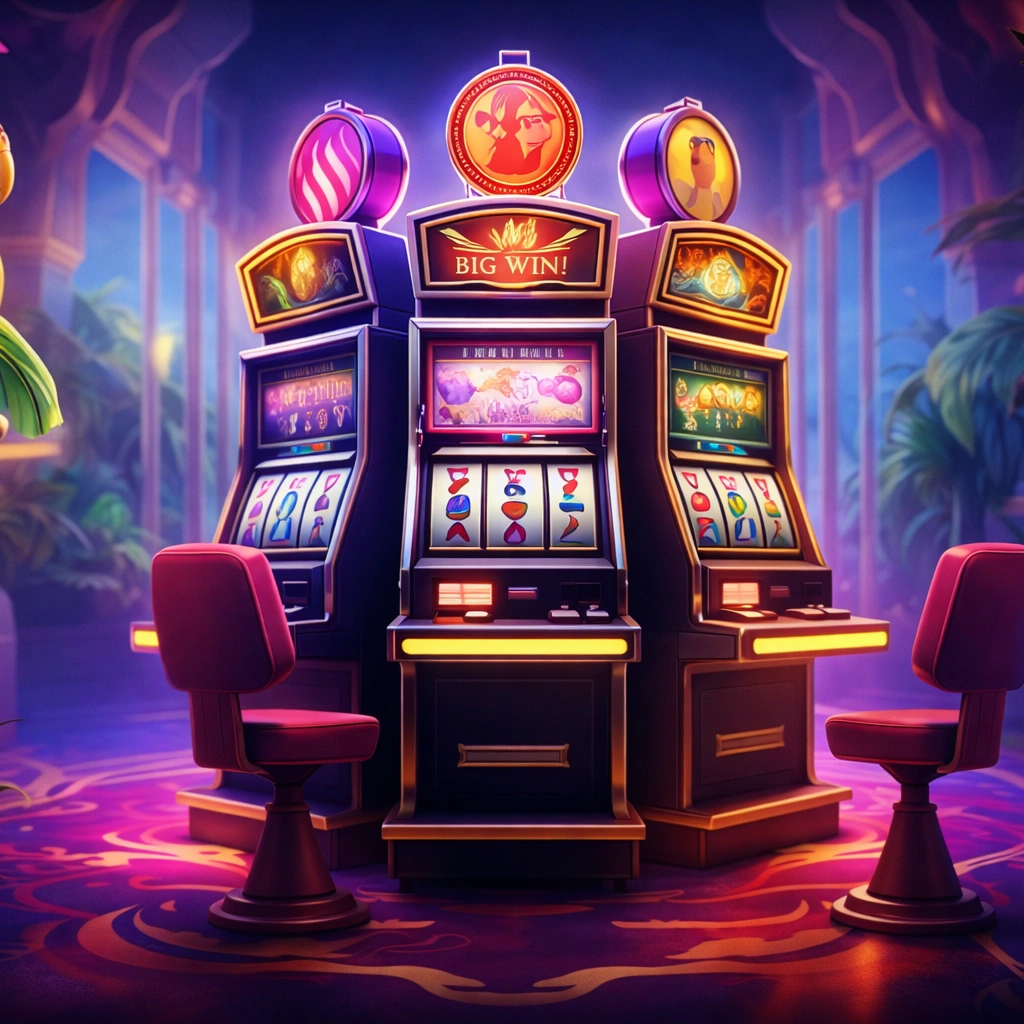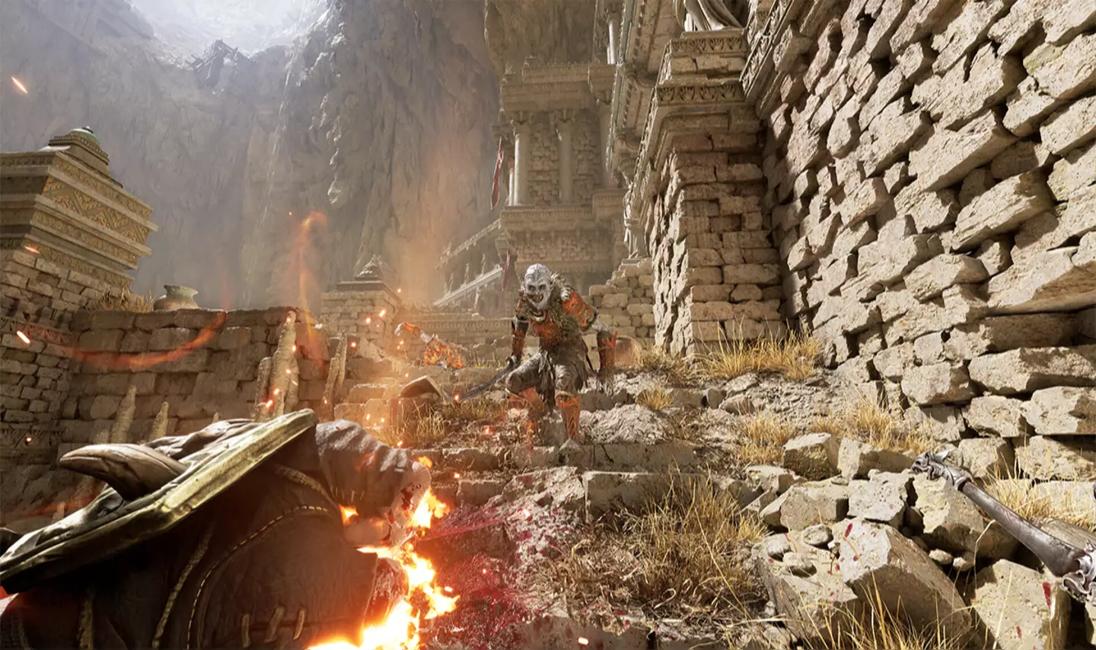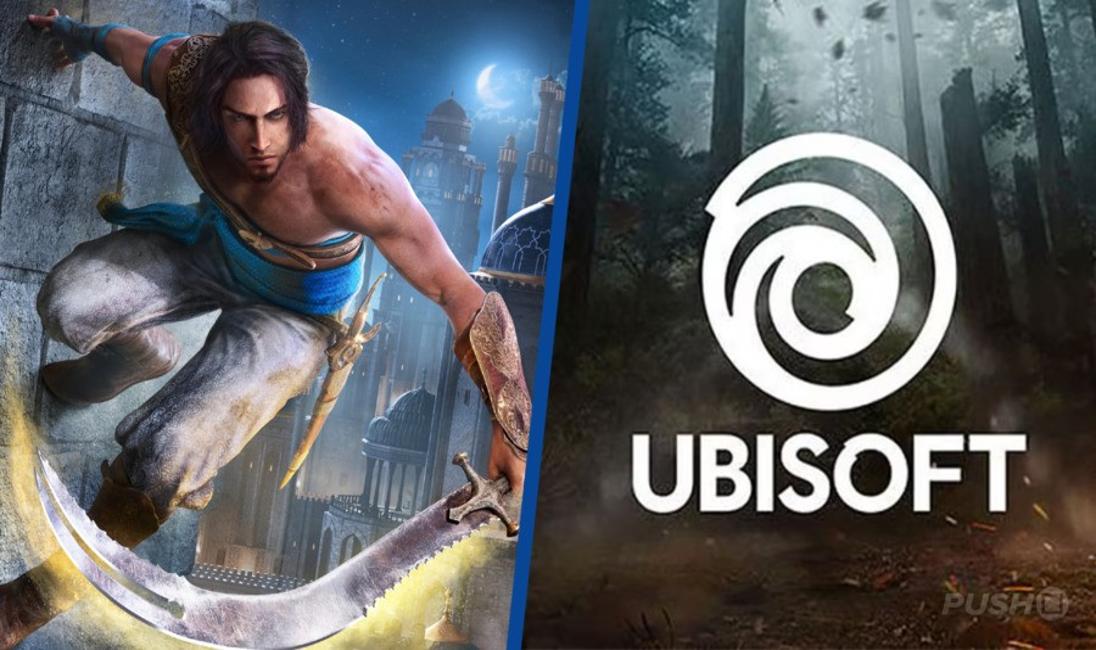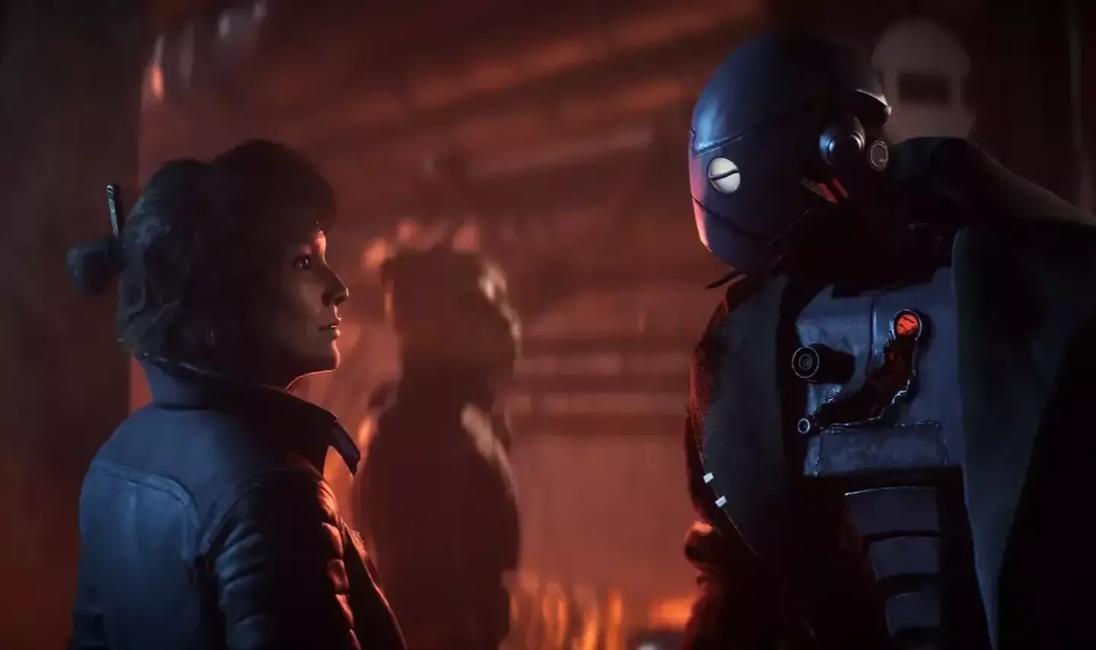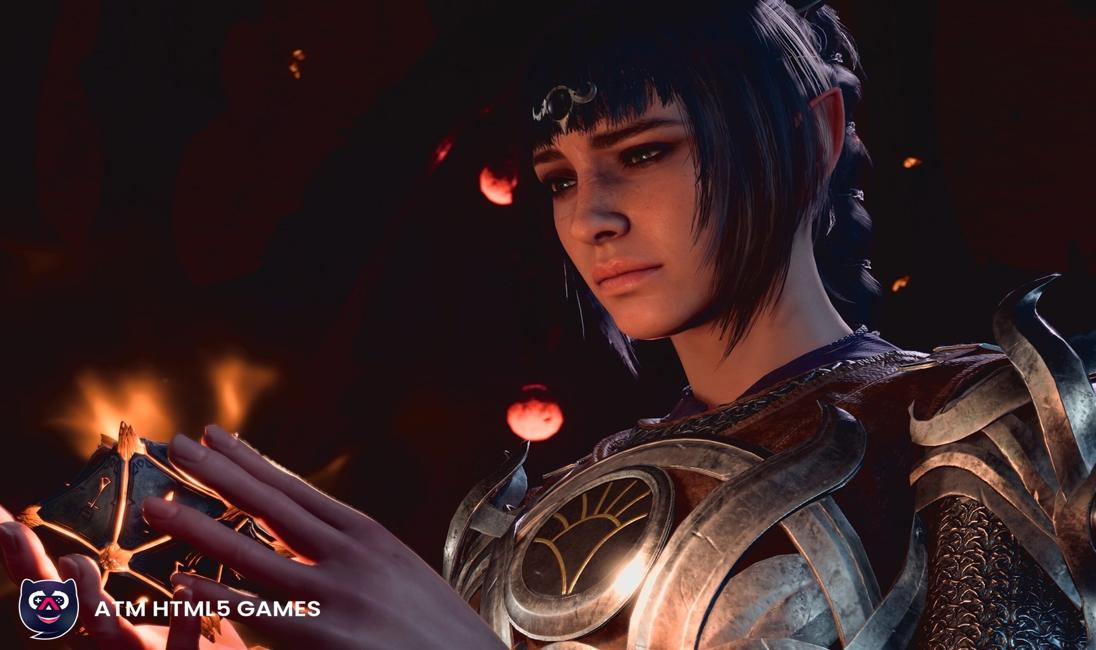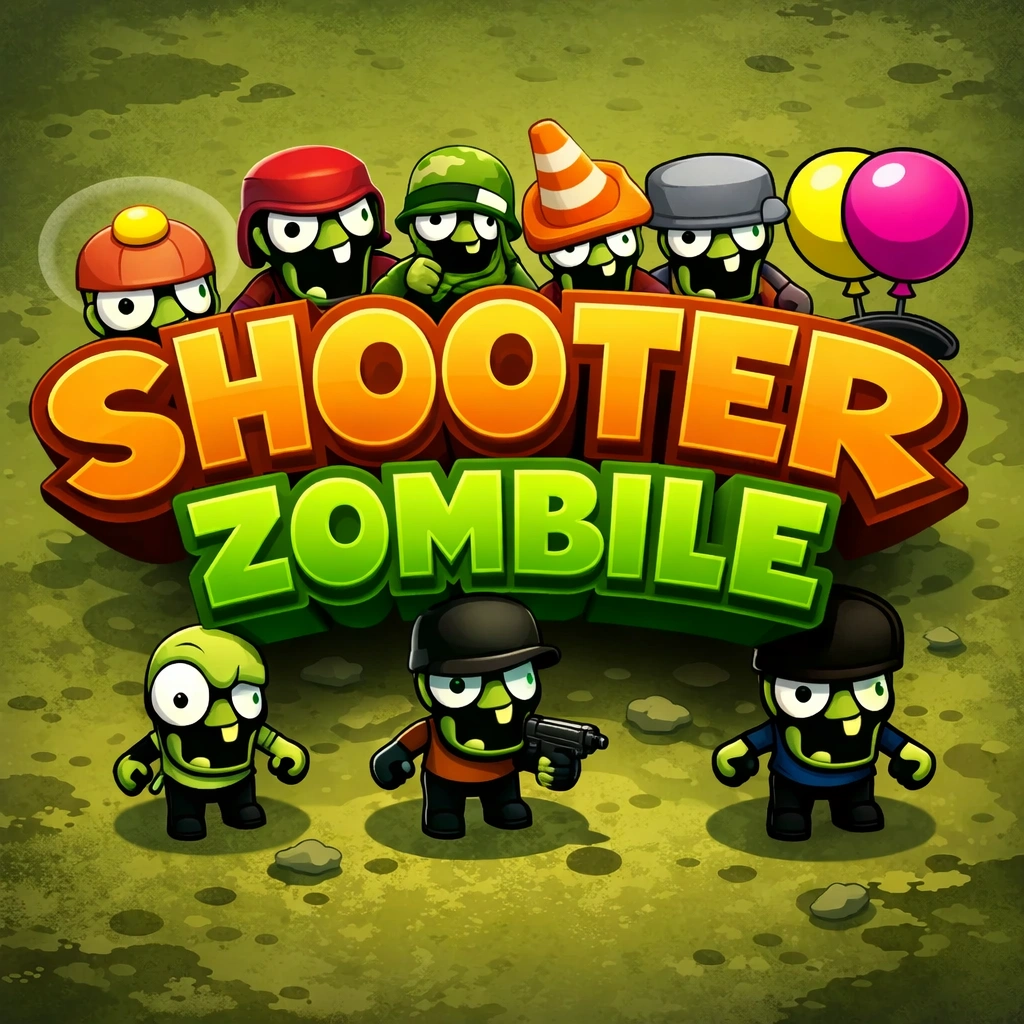Okay, so I've been thinking a lot about RPGs lately. Not just playing them (though, obviously, that too), but about where they're going. I mean, we're staring down the barrel of 2026. That's practically tomorrow in game development years. And the rumblings? The rumors? They all point towards one thing: a serious Elder Scrolls 6 vibe permeating a lot of upcoming RPG gameplay.
And honestly? I'm here for it.
But wait – let's back up a sec. You might be wondering why I'm so fixated on Elder Scrolls. Well, for me (and I suspect for a lot of other gamers out there), that series represents a specific kind of freedom. A "go anywhere, do anything, become anyone" kind of experience that few other games have truly nailed. And that freedom, that sense of limitless possibility, is what I think a lot of developers are aiming for now.
The Elder Scrolls Effect: Shaping 2026 RPG Gameplay
Think about it this way: what made Skyrim such a smash hit? Was it the graphics? (They were good, sure, but not revolutionary). Was it the combat? (Debatable, to put it kindly). No, it was the sheer breadth of the world and the feeling that you could forge your own path. So, what does that mean for the next generation? A few key things, in my humble opinion:
- Emphasis on Player Agency: More choices, more consequences, more ways to genuinely shape the game world.
- Emergent Storytelling: Less scripted narratives, more opportunities for players to create their own stories through their actions.
- Vast, Detailed Worlds: Bigger isn't always better, but immersive worlds with tons of secrets and side quests are definitely a plus.
And honestly, I'm already seeing hints of this in some of the games on the horizon. We can look at Grand Commander, and see a slight shift to this type of gameplay in the role-playing games.
Beyond Skyrim: Where Else Are We Seeing These Influences?
Okay, so it's not just about copying Elder Scrolls. That would be boring, right? It's about taking those core principles of player freedom and emergent storytelling and applying them in new and interesting ways. Take Civilization VI, for example. While not strictly an RPG, the way the game generates a sprawling narrative with emergent characters, aligns with the freedom of choice a lot of RPG players have.
For instance, I'm super hyped about the potential of procedural generation. Now, I know what you're thinking: "Procedural generation? That sounds soulless!" And yeah, it can be. But when it's done right – when it's used to create truly unique and dynamic environments, filled with handcrafted content and engaging storylines – it can be magical.
Imagine a game where every playthrough offers a completely different world to explore, with new quests, new characters, and new challenges. Think No Man's Sky, but with more narrative depth and meaningful choices. Actually, that's not quite right... imagine No Man's Sky with Bethesda-level storytelling. That's the dream!
The Tech That Makes It Possible
Here's the thing: all these ambitious ideas require serious technological horsepower. We're talking about advanced AI, sophisticated world-building tools, and the ability to handle massive amounts of data. The good news is that technology is catching up fast. Take Matt Mercer’s Sided Die date as another example.
Cloud computing, for example, is opening up new possibilities for game developers. It allows them to create larger, more detailed worlds and to handle the complex simulations needed for emergent gameplay. And with the rise of machine learning, we're seeing AI that can create more believable characters, generate more engaging quests, and even adapt to the player's playstyle in real-time.
The frustrating thing about this topic is that it's all still theoretical. We're talking about potential here, not concrete realities. But that potential is incredibly exciting. I genuinely believe that we're on the cusp of a new golden age for RPGs, an age where player freedom and emergent storytelling take center stage. I mean, it’s wild to think about.
Navigating Potential Pitfalls
Of course, it's not all sunshine and rainbows. There are challenges to overcome. How do you balance player freedom with a compelling narrative? How do you create a world that feels both vast and meaningful? And how do you avoid the pitfalls of procedural generation, ensuring that your game doesn't feel repetitive or soulless?
These are tough questions, and there are no easy answers. But I'm confident that the talented developers out there will find ways to address them. They'll experiment, they'll innovate, and they'll push the boundaries of what's possible. And as a result, we'll get to play some truly amazing games.
FAQ: Your Burning Questions About RPGs of the Future
How will RPGs handle player choice in 2026?
Expect to see far more branching narratives and reactive worlds. Your decisions won't just alter the immediate outcome of a quest; they'll have ripple effects throughout the entire game world, impacting relationships with NPCs, altering the landscape, and even changing the availability of future content. Think of it as less of a linear story with a few forks in the road, and more of a complex web of possibilities that you weave yourself. It's more than just selecting dialogue options; your actions, your reputation, and even your character build will influence how the world reacts to you.
Why is everyone so obsessed with the Elder Scrolls formula?
It's not just about copying Elder Scrolls, but rather, about understanding what makes it so compelling. The sense of freedom, the ability to explore a vast and detailed world, and the feeling that you can truly forge your own path – these are all elements that resonate deeply with RPG fans. The goal isn't to create an Elder Scrolls clone, but to capture that same spirit of adventure and apply it in new and innovative ways.
How can developers avoid making procedurally generated worlds feel empty?
The key is to blend procedural generation with handcrafted content. Use procedural algorithms to create the basic framework of the world – the landscapes, the cities, the dungeons – but then populate it with carefully designed quests, characters, and secrets. The goal is to create a world that feels both unique and meaningful, a world that rewards exploration and encourages player interaction. It's a tricky balancing act, but when it's done right, it can be truly magical.
Will combat systems get any better?
I certainly hope so! While story and exploration are crucial, engaging combat is vital too. Expect to see more nuanced systems that move beyond button-mashing. More tactical depth, more environmental interaction, and AI opponents that genuinely challenge you. Maybe even combat systems that adapt to your playstyle.
So yeah, the future of RPG gameplay looks bright. It's a future filled with player freedom, emergent storytelling, and vast, detailed worlds. And honestly, I can't wait to see what the talented developers out there come up with.
- First important point about the content
- Second point with detailed explanation
- Another noteworthy detail
- Final concluding thought




